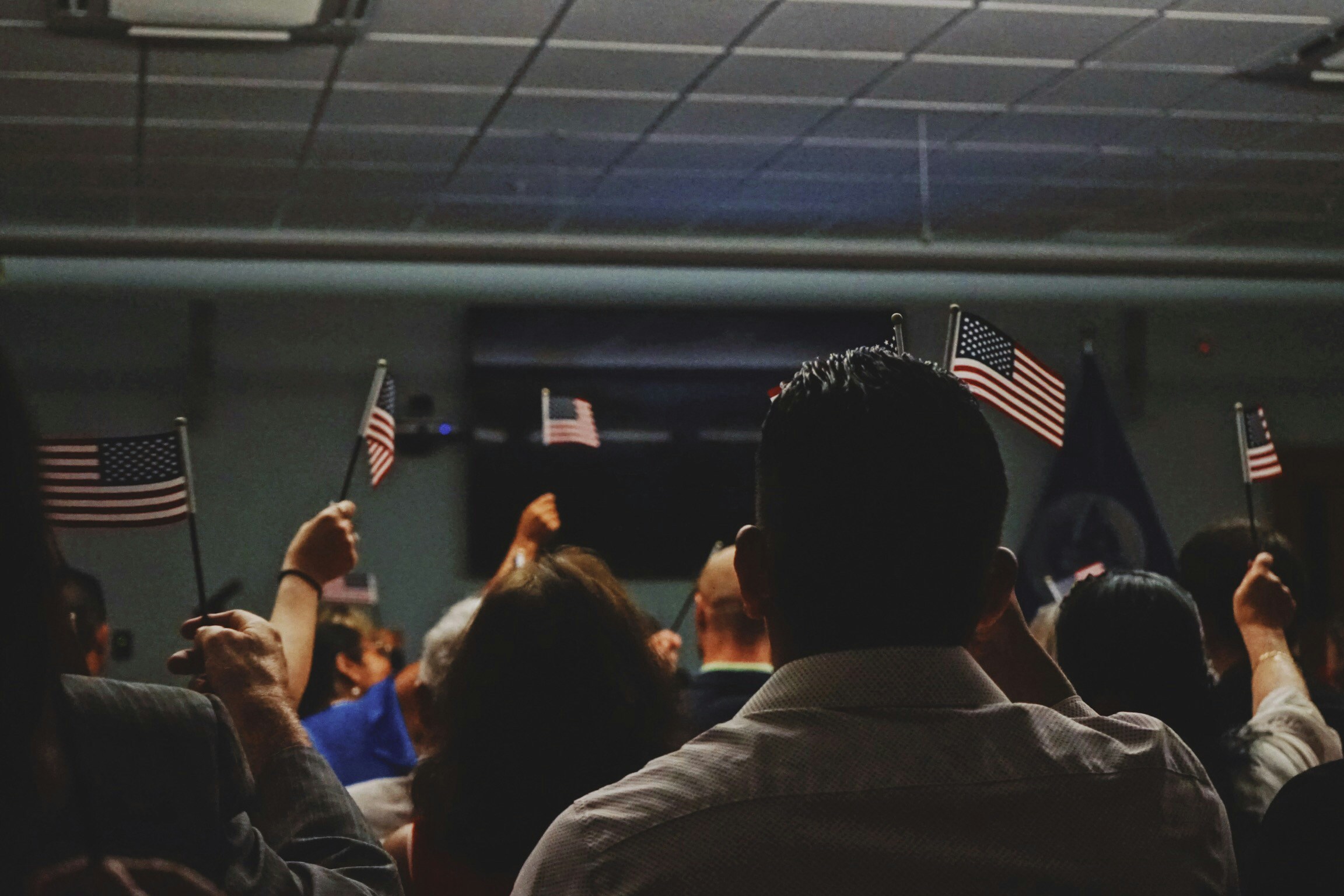How can an epidemic overseas affect my immigration case? Hi, I'm Jim Hacking, Immigration Lawyer, practicing law throughout the United States at our office here in St. Louis, Missouri.
Right now everyone's talking about the Coronavirus, it's a virus apparently started in China and it's spreading around the world. People are getting very worried about this flu and the serious effects that it's having on the health of people around the world.
And I thought it might make sense to shoot a video to talk about public health and to talk about how epidemics can affect someone's ability to come to the United States. And of course there's lots of different ways that an epidemic can affect your ability to enter the United States.
The first is of course with every immigrant visa petition, you have to get a physical examination. So historically and forever, the United States has been very much concerned with allowing sick people into the United States.
So on a straight individual basis, you're going to always have to have a physical exam by an approved surgeon from overseas who is going to look at your health history and determine whether or not you are admissible into the United States. And of course having an any kind of flu that's highly contagious, that's going to keep you from being able to come into the United States.
So, even if your case has been pending for a really long time, you can still get held up if your health issues trump, no pun intended, the availability of your green card and your visa. The other ways that it can affect your situation is sometimes you need to get into a third country to conduct an interview.
So I've been working really hard on a case for a dad from Iran and there's the travel ban, so he got that taken care of. And then he was all set to come to the United States, but he needed to get to Armenia. Well because of the coronavirus and it's spread in Iran, they closed the border between Armenia and Iran so he wasn't able to go to the embassy to get his visa.
So here this poor guy has been waiting and waiting and waiting and he himself is healthy, but because the border is closed, he's not able to get there. And then of course the last way that an epidemic can affect immigration is the president and his inherent power to regulate who comes in to the United States. They can exclude, the state department can exclude people who are in a class of individuals. So they can, as we've seen with the Muslim ban, the travel ban, they can exclude people from certain countries.
And so, I think we're going to see a lot of really detailed prohibitions on people coming to the United States, we know that there's been a lot of screening for people coming from the Far East to the United States, and I think we're going to see more and more of that.
So, it can affect you in your individual case, it can affect you because you're not able to go to a third country for your embassy interview, and it can affect you on a much global level in that you're a country where you're living might be banned temporarily or for a long time from coming to the United States.
So it's really a perfect storm, we see this very important and very real health concern and we can see how it's going to affect immigration for people from those countries. And this applies of course both to immigrant visas and non-immigrant visas.
I think you're going to see many, many more non-immigrant visas be denied, and of course those would be work visas, people coming for conferences, anywhere that people are going to be entering the United States from an affected country, I think you're going to see a real clamped down on those. And of course the state department has that power and it's an important power.
The United States wants to say safe and healthy, and of course we're going to have the virus here in the United States, but they want to minimize it to the extent that they can.
We hope you found this video helpful. We hope you don't have the coronavirus. We hope that you're not dealing with these kinds of health issues, but if you have questions, give us a call at (314) 961-8200, you can email us at [email protected]. Be sure to join us in our Facebook group, it's called Immigrant Home, where we talk a lot about these issues, many immigration news-related issues every day. And if you liked this video, be sure to subscribe to our YouTube channel so that you get updates just like this one. We're trying to hit a thousand subscribers a month, we're hitting about 850 a month right now, so we'd love to have you subscribe to the channel. Thanks a lot. Have a great day.








